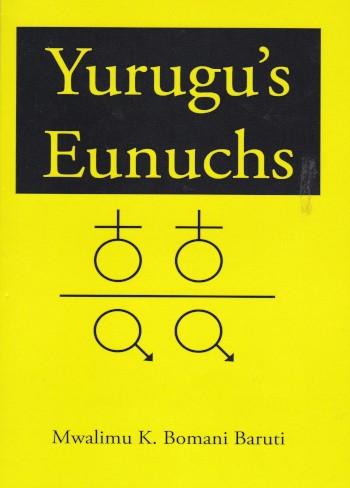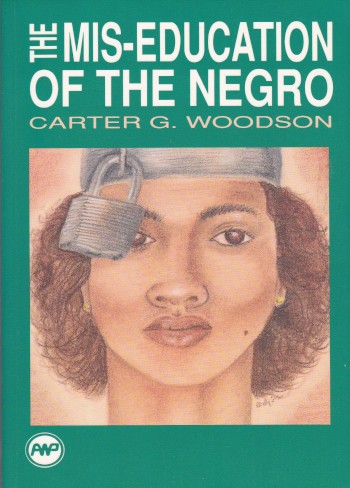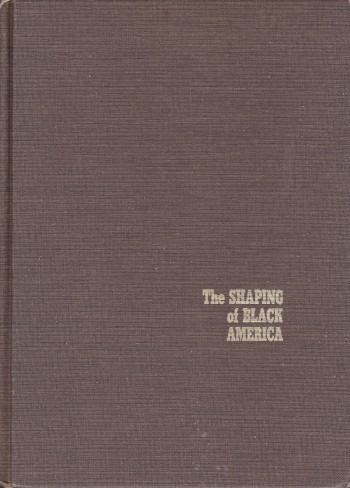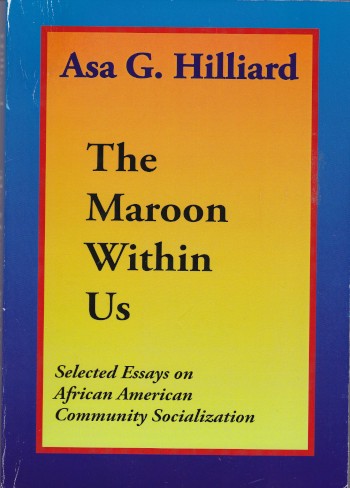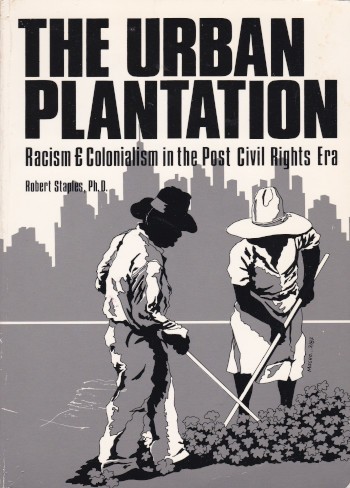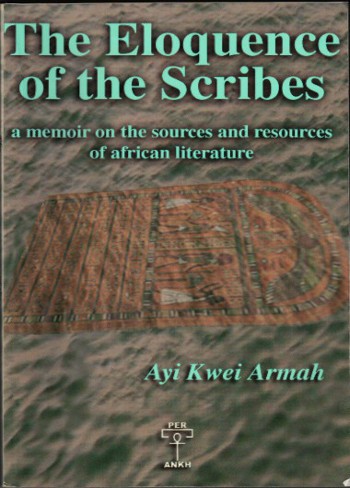
This memoir on the ancient sources and future resources of African literature, by the author of Two Thousand Seasons, KMT, and other novels, gives colonial Africanist preconceptions of Africa’s literary heritage a clean burial. Citing new evidence on oral and written traditions, it shows that Africa’s old oral culture, antedating the pyramids, was the matrix from which emerged the hieroglyphic literature of ancient Egypt. Armah argues that the traditions of ancient Egypt and feudal Africa, sharing numerous myths, narratives, symbols and words, constitute an ancestral treasury of concepts and images, a profound source of artistic inspiration and organizational ideas for writers and intellectuals ready to work for an African future.
This is a must read for all independent artists whose goals are to work for conscientization (i.e. writers, film makers, musicians, painters, etc.) because Armah’s battle with the Heinemann African Writers Series is indicative of how all corporate entities exploit and devalue the work African people create. With all the technology available for our use and to develop independently, we must learn to stop depending on these exploitative institutions. If our real concern is to improve the living conditions of African and all oppressed people, and not simply acquiring whatever prestige is affiliated with corporate entities (i.e. being naked and famous), then their resources are not necessary for us to build the institutions we need for liberation.



